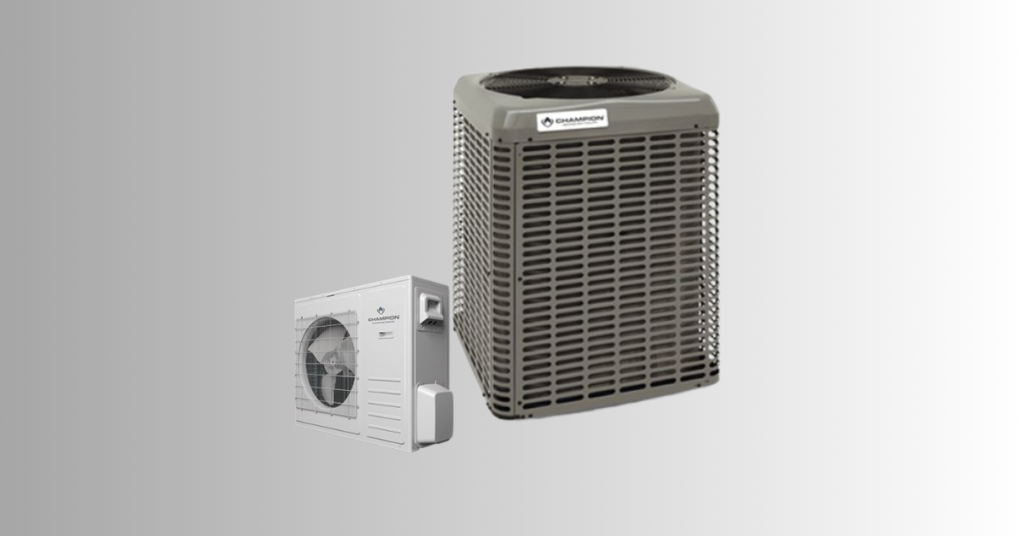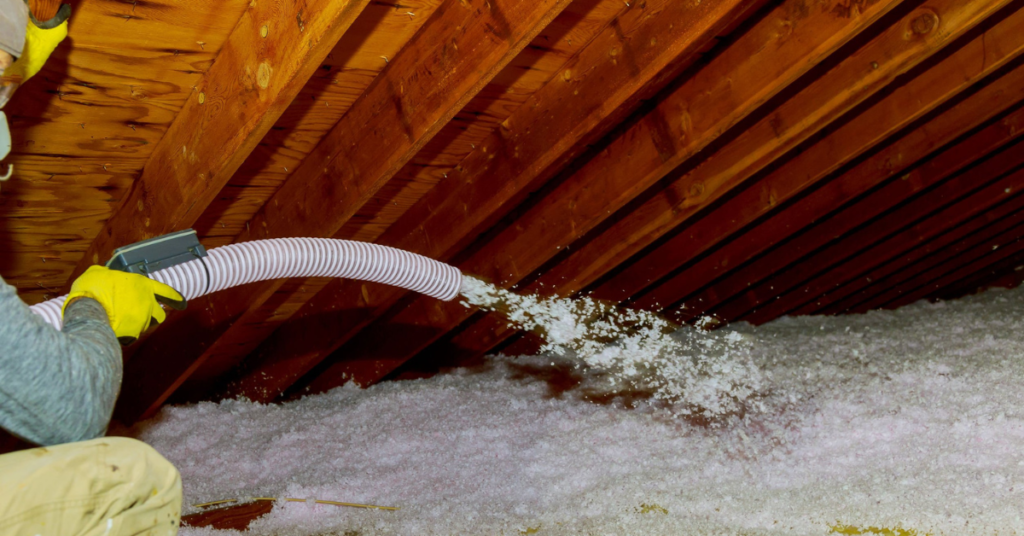Extended Labor Warranty
Admin • January 25, 2024

Extended labor for HVAC (Heating, Ventilation, and Air Conditioning) systems is crucial for various reasons:
- Installation Accuracy: HVAC systems require precise installation to ensure optimal performance. Extended labor allows technicians to take the necessary time to install and configure the system correctly, minimizing the chances of errors.
- System Efficiency: Proper installation and calibration contribute to the overall efficiency of HVAC systems. Extended labor allows technicians to fine-tune the system for optimal energy efficiency, reducing operational costs in the long run.
- Reliability: Thorough testing during extended labor helps identify and address any potential issues before the HVAC system is put into regular use. This contributes to the long-term reliability of the system, reducing the likelihood of breakdowns or malfunctions.
- Safety Compliance: Extended labor allows technicians to ensure that the HVAC system complies with safety standards and regulations. This is essential to protect occupants from potential hazards associated with improperly installed or maintained HVAC equipment.
- Customer Satisfaction: Taking the time for extended labor demonstrates a commitment to customer satisfaction. A well-functioning HVAC system that meets or exceeds customer expectations contributes to a positive experience for building occupants.
- Warranty Compliance: Many HVAC systems come with warranties that may require adherence to specific installation and maintenance procedures. Extended labor ensures that these requirements are met, preserving the validity of warranties and potential cost savings for the customer.
In summary, extended labor for HVAC systems is essential for accuracy, efficiency, reliability, safety, customer satisfaction, and warranty compliance. It is an investment in the long-term performance and functionality of the HVAC system.

Introduction: The world of heating, ventilation, and air conditioning (HVAC) is witnessing a significant transformation with the advent of advanced technologies. Among the innovations, the Champion HVAC Inverter System stands out as a game-changer, promising to revolutionize the way we experience indoor comfort. In this blog, we’ll explore the key features and benefits of the Champion HVAC Inverter System that make it a top choice for homeowners and businesses alike. 1. Efficiency Redefined: The heart of the Champion HVAC Inverter System lies in its inverter technology. Unlike traditional HVAC systems that operate at a fixed speed, the inverter system adjusts its compressor speed to meet the exact cooling or heating demands. This results in unparalleled energy efficiency, reducing energy consumption and utility bills. 2. Whisper-Quiet Operation: Say goodbye to the noisy hum of conventional HVAC units. The Champion Inverter System operates with remarkable quietness, creating a serene and comfortable indoor environment. Whether it’s a peaceful night’s sleep or a productive workday, the inverter technology ensures that comfort doesn’t come at the cost of noise disruption. 3. Precise Temperature Control: Achieving the perfect indoor temperature is an art, and the Champion Inverter System masters it. With precise temperature control, this system maintains a consistent and comfortable environment, adapting to changes in outdoor conditions seamlessly. No more temperature fluctuations, just steady and reliable comfort. 4. Extended Lifespan: Investing in the Champion HVAC Inverter System is not just about immediate comfort; it’s a long-term commitment. The inverter technology reduces wear and tear on the system, contributing to an extended lifespan. Homeowners can enjoy the benefits of a reliable HVAC system for years to come. 5. Smart and Connected: Welcome to the era of smart HVAC systems. The Champion Inverter System can be integrated into smart home setups, allowing users to control and monitor their indoor climate remotely. This level of connectivity adds convenience and flexibility, putting the power of climate control in the palm of your hand. 6. Environmentally Friendly: Sustainability is a key consideration in modern HVAC systems, and the Champion Inverter System aligns with eco-friendly practices. By optimizing energy usage and reducing carbon footprint, users not only enjoy lower utility bills but also contribute to a greener planet. Conclusion: In conclusion, the Champion HVAC Inverter System represents a leap forward in HVAC technology. Its energy-efficient operation, whisper-quiet performance, precise temperature control, extended lifespan, smart connectivity, and environmental friendliness make it a standout choice for those seeking the pinnacle of indoor comfort. As we embrace a future where technology enhances our daily lives, the Champion Inverter System takes its place as a champion in the world of HVAC innovation.

Sealing attic ductwork is important for several reasons, and it can have significant benefits for the overall efficiency and performance of your HVAC (Heating, Ventilation, and Air Conditioning) system. Here are the key reasons why attic ductwork should be sealed: Energy Efficiency: Unsealed ductwork in the attic can lead to energy losses. Leaks or gaps in the ducts allow conditioned air to escape into the attic, resulting in wasted energy. By sealing the ductwork, you can ensure that the air delivered by your HVAC system reaches its intended destination, improving energy efficiency and reducing utility costs. Consistent Temperature Control: Sealed ducts help maintain consistent temperatures throughout your home. When ducts are properly sealed, the conditioned air can reach each room without being lost through leaks. This ensures that the temperature set on your thermostat is achieved throughout the living space. Improved Comfort: In addition to consistent temperatures, sealing attic ductwork contributes to better overall comfort. Rooms that were previously too hot or too cold due to air leaks can experience improved comfort levels with properly sealed ducts. Reduced Strain on HVAC System: Leaky ducts force the HVAC system to work harder to compensate for the lost air, leading to increased wear and tear on the system. Sealing the ductwork helps reduce the strain on your HVAC system, potentially extending its lifespan and lowering maintenance costs. Enhanced Indoor Air Quality: Unsealed ducts in the attic can allow dust, insulation particles, and other contaminants to enter the duct system. Sealing the ductwork helps prevent the infiltration of pollutants, contributing to better indoor air quality. Prevention of Moisture Issues: Attics can be prone to temperature variations and humidity. Unsealed ducts may allow moisture to enter the system, leading to issues such as mold growth and corrosion. Sealing the ductwork helps protect against moisture infiltration, preserving the integrity of the HVAC system. Compliance with Building Codes: Sealing attic ductwork may be a requirement in building codes and standards. Compliance ensures that your HVAC system meets regulatory guidelines, which is important for both safety and legal reasons. Cost Savings: Improved energy efficiency and reduced strain on the HVAC system translate to potential cost savings on energy bills and maintenance expenses. Sealing attic ductwork is an investment that can pay off over time through lower operating costs. When sealing attic ductwork, it’s essential to use appropriate materials and methods to achieve an airtight seal. Professional HVAC technicians can assess your duct system, identify leaks, and perform the necessary sealing to optimize the performance of your HVAC system.
